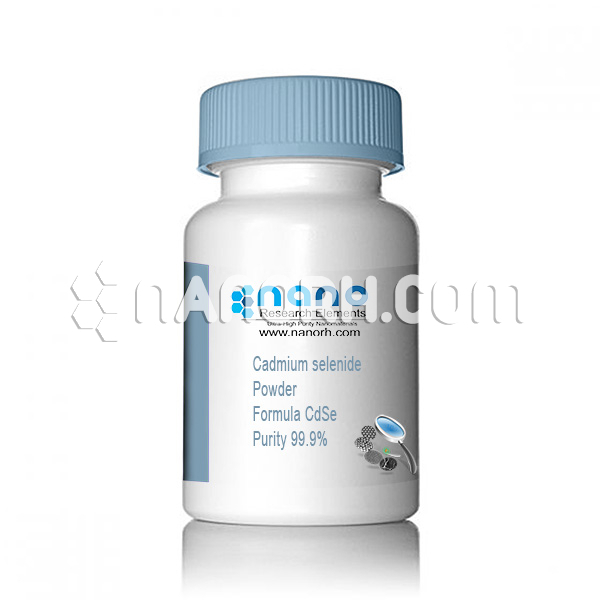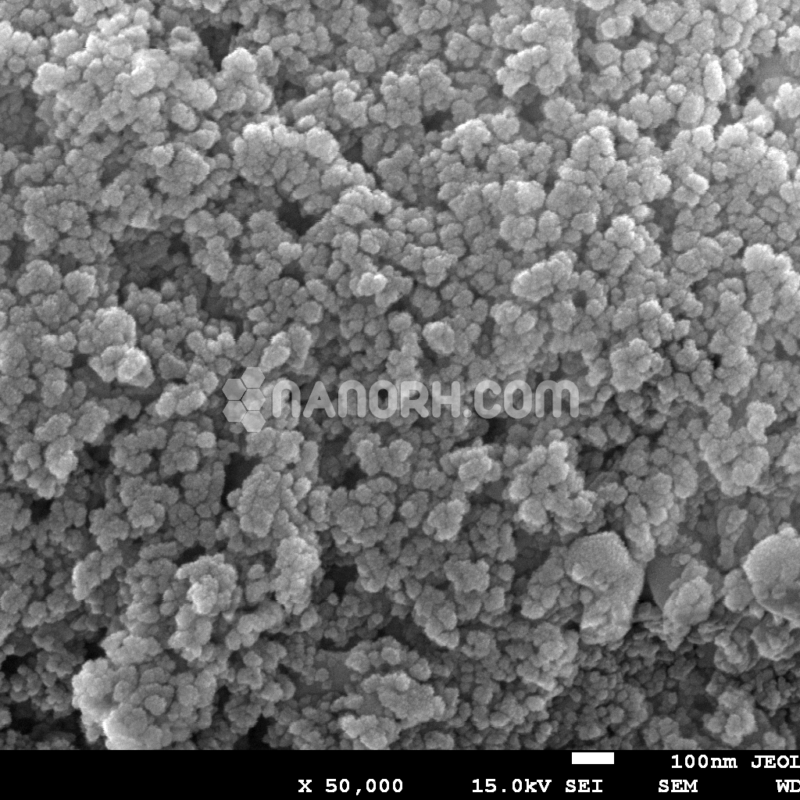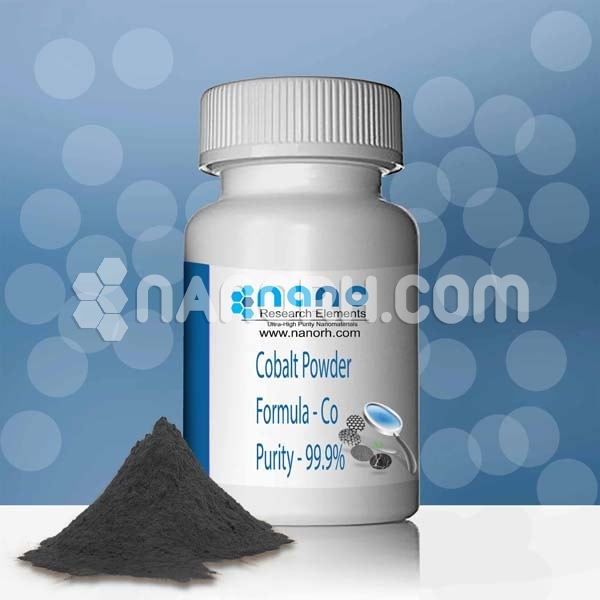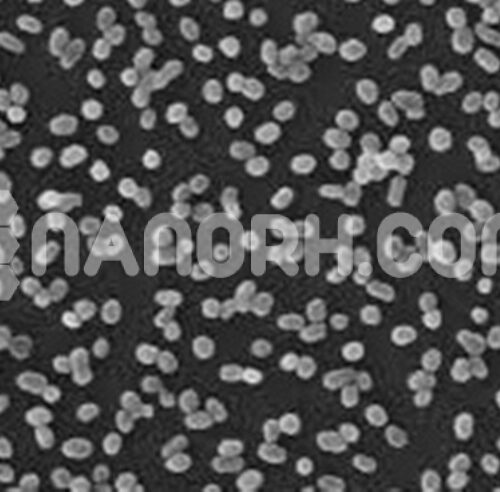| Cadmium selenide Powder | |
| Product No | NRE-11040 |
| CAS | 1306-24-7 |
| Purity | 99.9% |
| Formula | CdSe |
| APS | <40 µm (Can be Customized) |
| Color | Black |
| Molecular Weight | 191.37 g/mol |
| Density | 5.81 g/cm3 |
| Melting Point | 1,240 °C |
| Boiling Point | NA |
Cadmium selenide Powder
Cadmium selenide (CdSe) is an inorganic compound that can be used in various applications due to its unique properties. It is a semiconducting material that has found use in different fields, especially in electronics and optoelectronics. Here are some of the applications of cadmium selenide powder:
Optoelectronic Devices: CdSe is commonly used in the production of light-emitting diodes (LEDs), solar cells, and photodetectors due to its ability to convert electricity into light and vice versa. It has a wide bandgap that allows for the emission of light in the visible spectrum. CdSe nanoparticles are used in nanotechnology for optoelectronic applications as well.
Photovoltaic Cells: Cadmium selenide is used in the manufacture of thin-film solar cells, which are an increasingly popular technology in the field of renewable energy. CdSe-based thin films can efficiently convert sunlight into electricity due to their semiconducting properties.
Biomedical Imaging: CdSe quantum dots are utilized in biomedical imaging applications, particularly in fluorescent imaging and diagnostics. They have exceptional optical properties that make them suitable for use as contrast agents in biological imaging, as they can be tailored to emit light at specific wavelengths.
Infrared Windows: CdSe can be used in the production of infrared windows due to its transparency to infrared radiation. This makes it suitable for use in various infrared optics applications, including thermal imaging systems and infrared detectors.
Chemical Sensors: CdSe nanoparticles are utilized in the development of chemical sensors for the detection of various gases and environmental pollutants. These sensors can detect changes in conductivity or light emission in the presence of specific gases, enabling the monitoring of air quality and the detection of hazardous substances.
Laser Diodes: CdSe can be employed in the manufacturing of laser diodes, which are utilized in various industrial and scientific applications, including telecommunications, material processing, and medical equipment.
Catalysis: CdSe nanoparticles can be utilized as catalysts in chemical reactions due to their unique surface properties. They can be used in photocatalytic applications and for the synthesis of various organic compounds.




